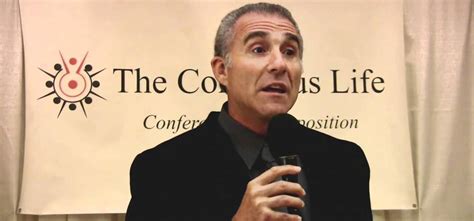A Quote by Richard Pitcairn
In this article we begin to address the subject of vaccinosis, the general name for chronic dis-ease caused by vaccines. For some readers the very idea that vaccines are anything but wonderful and life-saving may come as a surprise, and it's not a very pleasant one. After all, the general population pictures vaccines as one of modern medicine's best and brightest moments, saving literally millions from the scourge of diseases like poliomyelitis and smallpox.
Quote Topics
Related Quotes
I think there's no question that vaccines have been absolutely critical in ridding us of the scourge of many diseases - smallpox, polio, etc. So vaccines are an invaluable medication. Like any medication, they also should be - what shall we say? - approved by a regulatory board that people can trust.
Even to this day, the government, the FDA is refusing to use the sophisticated biotechnology to evaluate the contaminants in the vaccines such as the polio vaccines that they are administering. I think (people) would be appalled that some of the vaccines that are currently being used are still laced with viruses.
My own personal view is that vaccines are unsafe and worthless. I will not allow myself to be vaccinated again. .....The bottom line is that infectious diseases are least likely to affect (and to kill) those who have healthy immune systems. I no longer believe that vaccines have any role to play in the protection of the community or the individual. Vaccines may be profitable but, in my view, they are neither safe nor effective. I prefer to put my trust in building up my immune system.
After a lot of debate and a lot of work, what people decided is, it makes a great deal of sense to be open in the system and allow people to begin to build better flu vaccines. I mean, we're still making them in eggs that come out of chickens. And we can see the consequences of that with the current H1N1 lack of vaccines.
We're still missing about a dozen vaccines that will make a huge difference. For adults, we've got HIV and TB are still huge; for kids malaria is still killing a half million kids a year out of that 6 million. We probably need some vaccines, but we need a little more data to make sure we're getting the vaccines that will save the most lives.
If you Google some sites about the link between vaccines and autism, you can very quickly find that Google is repeating back to you your view about whether that link exists and not what scientists know, which is that there isn't a link between vaccines and autism. It's a feedback loop that's invisible.


































